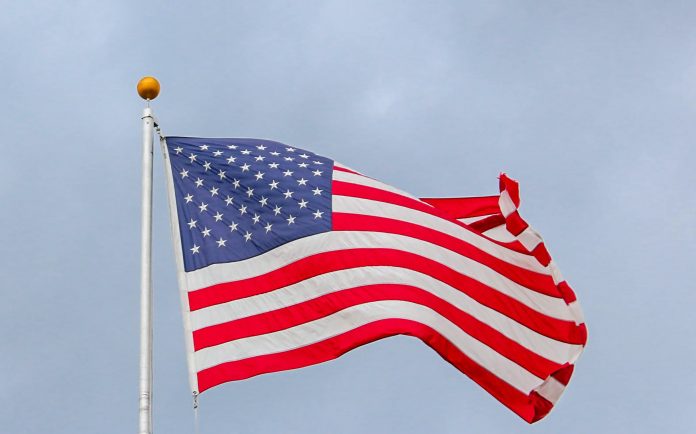Chairman Stephen Barrar (R-Chester/Delaware), chairman of the House Veterans Affairs and Emergency Preparedness Committee, held an informational meeting this week to update the committee on the role and readiness status of Pennsylvania’s National Guard in the statewide effort to mitigate the spread of COVID-19.
The committee received updates on guard activities from Maj. Gen. Anthony Carrelli, Pennsylvania’s adjutant general, with support from Dr. Darrel Jackson, Department of Military and Veterans Affairs chief of Health Care Services, and Andrew Ruscavage, director of the DMVA’s Bureau of Veterans Homes.
“About 1,200 Pennsylvania National Guard members have been activated to assist with COVID-19 relief effort,” said Barrar. “The guard’s role is broad and varied, and includes helping to supply food banks with meals for Pennsylvania families in need, moving supplies of personal protective equipment (PPE) wherever needed statewide, administering COVID-19 testing at various sites, and helping to provide coverage at nursing care facilities in the southeast region of the Commonwealth where there are overwhelming staff shortages due to coronavirus-related illness.”
Given the high rate of illness and deaths in Pennsylvania’s nursing care facilities and in our elderly population generally, Barrar and committee members questioned Gen. Carrelli about the impact the virus had on Pennsylvania veterans.
Carrelli updated the committee on the role of the guard in managing the threat to veterans at Pennsylvania’s six veterans’ homes. He told the committee the guard is working to minimize the risk to veterans by separating those who test positive from the rest of the population and ensuring proper health and safety protocols are implemented. He said more PPE is needed at all facilities and while the guard is administering tests to veterans they believe are sick, the results are not known for as many as three days – a lapse that could lead to further spread.
Carrelli said two of the six veterans’ homes have cases of COVID-19. Both are in the southeast region, which has the highest concentration of people with the virus. As of Monday, 101 veterans in those facilities had tested positive for the virus, seven were hospitalized, and about 28 deaths had been attributed to the virus, with 11 more whose cause was still undetermined.


